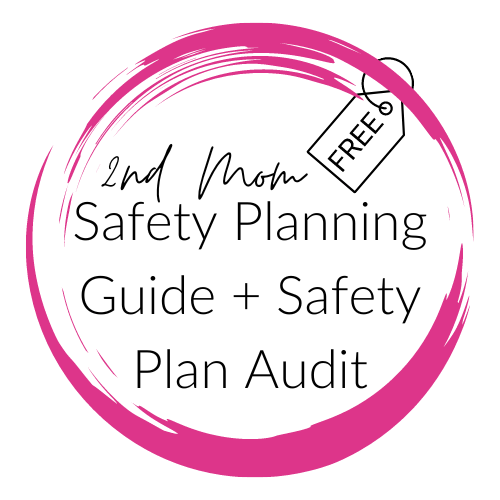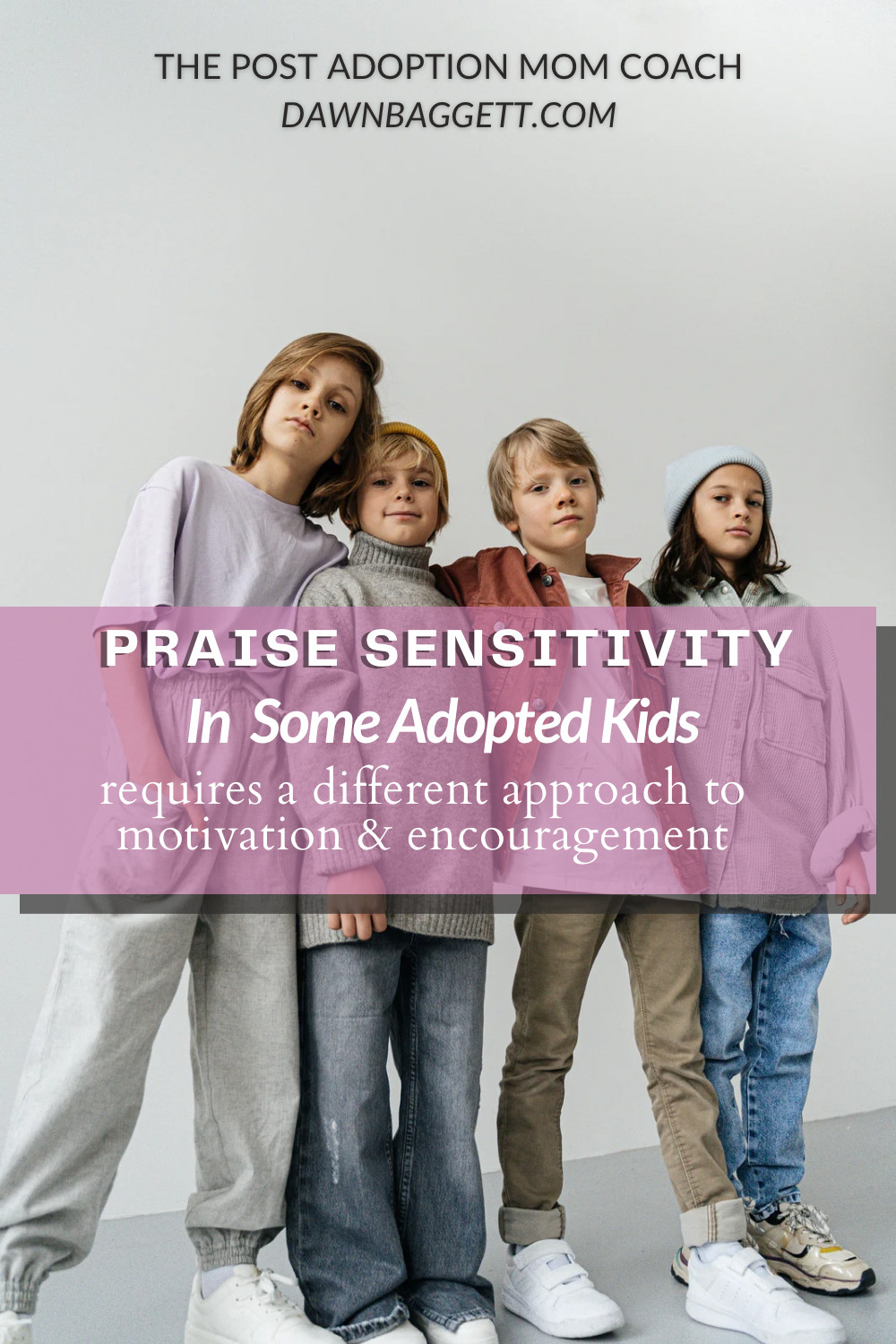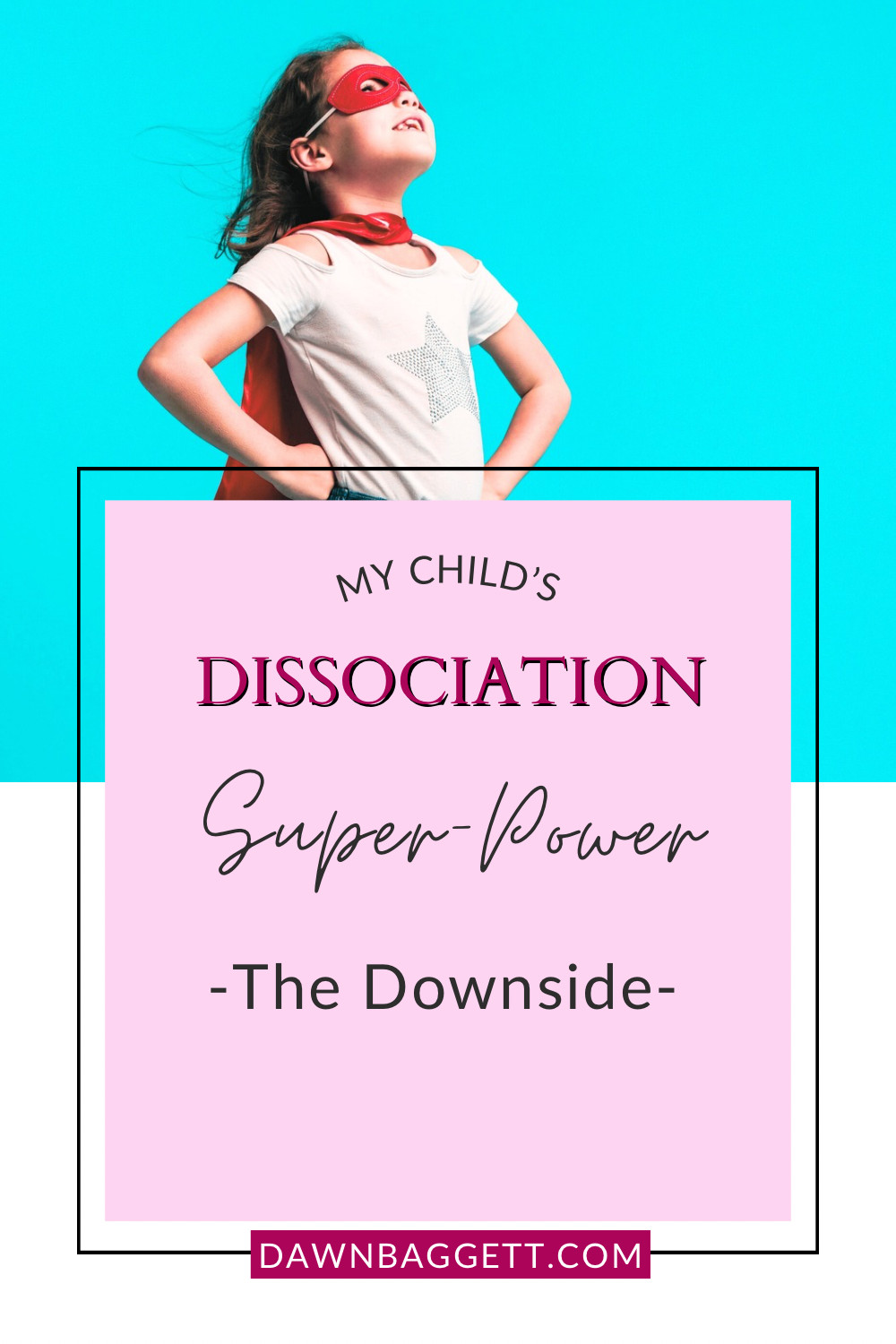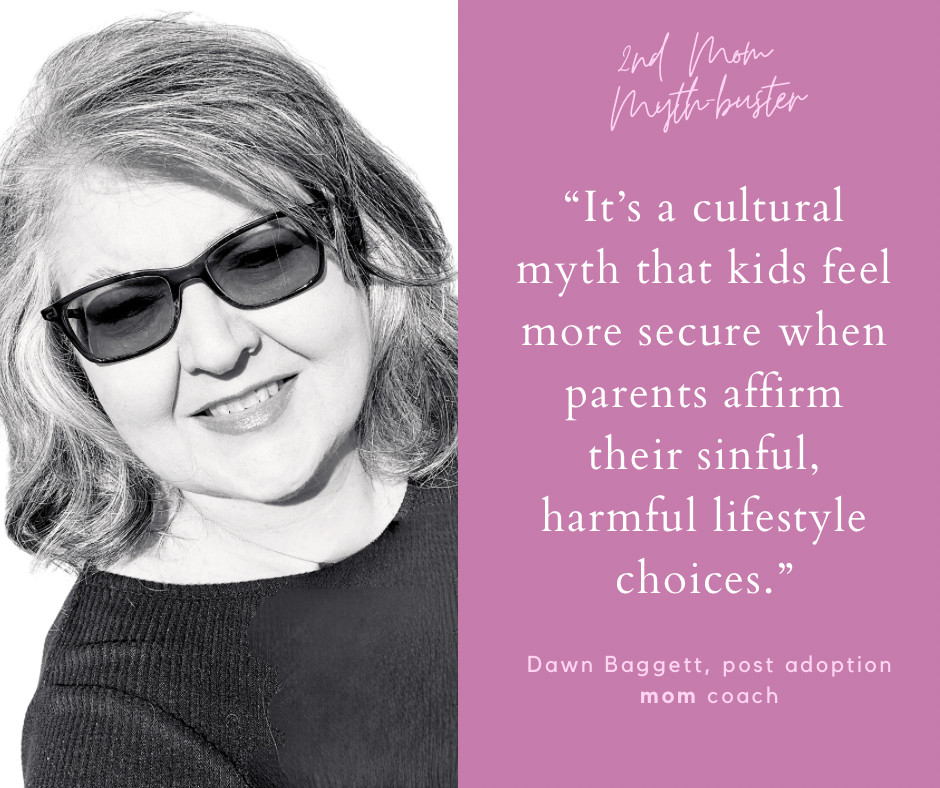Why Simply Praising Them More Doesn't Work: A Better Way to Encourage Your Praise Sensitive Child
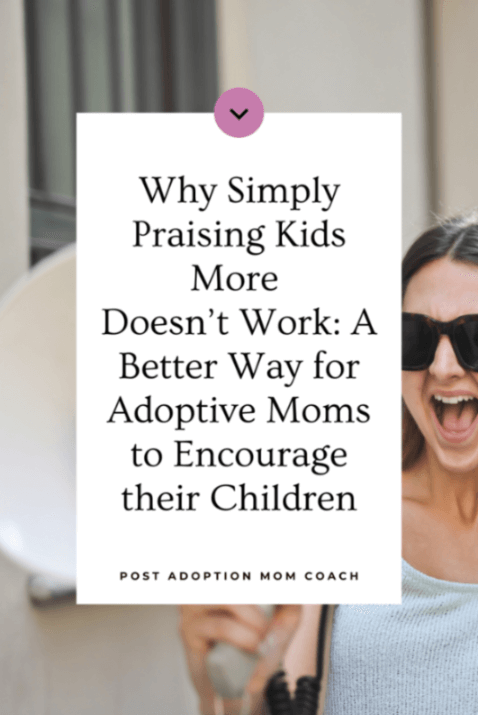
For eons it seems, we’ve been hearing that heaping on more praise is the best, maybe even the ONLY way to encourage our children, to motivate them, to get them to take action. I just read something from yet another frustrated mom sharing about her dilemma with the same message, selling the same pitch. And since everyone seems to be saying it, it must be true. Right?
Uhh… no.
This mom's dilemma went something like this: People say I should praise my child more and tell him I'm proud of him...but when I do he goes ballistic!
I think most of this advice is coming from a place of good intentions. But it’s easy advice. And not only does one specific method or strategy not work for everyone, but excessive praise also definitely isn’t the best option out there.
Also, how do you know that these “experts” are following their own advice? Or that they’re getting great results just adding more and more praise for children with similar histories to yours?
It seems to me that you can spend a lot of time feeling frustrated or like a failure because you're efforts at heaping on additional praise aren't working for you when you’re not the problem!
I know because back when one of my daughters was going through a hard phase, I tried encouraging and motivating her, intentionally praising her more, and I just didn’t get great results.
In fact, I got a window into her world when she told me how it made her feel when one of her teachers would "cheer" her, especially in front of the class. Was that ever an eye-opener! I learned that the teacher's praise caused her to feel pressure that in turn, had the opposite result of what was intended.
Instead of motivating to my daughter, it was de-motivating (or motivating in the other direction...to NOT give in to this adult-imposed pressure)! I recognized that to get around her intense skepticism of direct praise -- and innate fears of being "tricked" -- I would need to go a different route in order to encourage her in ways that wouldn't get her guard up.
I also didn’t feel like I was being authentic when I gave too much praise when there were so many negative behaviors happening. And believe me, your kids can tell when you’re not being authentic.
Always remember your integrity (or lack thereof) is going to make a longer lasting impression that any hollow-sounding words of praise.
What’s Not So Great About Pouring on the Praise
Here’s the thing.
Excessive praise isn’t a good idea because it begs a response from them that can feel too vulnerable for some of our children. Children who are what I call “praise sensitive” and who may require a different approach from parents and/or teachers who they perceive as putting pressure on them.
Expressing gratitude back to you or welcoming your praise can expose a dependency or perceived weakness in them. Therefore, your praise can be experienced as a loss of control:
- Even genuine praise can feel like manipulation
- It can feel like pressure to live up to some ideal
- It can set off internal alarms and reactions
- Your parental praise may be viewed by your child through a suspicious/skeptical lens
- It can suppress their own feelings of accomplishment
- This type of advice can be taken to ridiculous extremes!
- "Good job not coloring on the walls!"
- "High five for not smearing poop on the bathroom walls!"
- "You get a sticker for not fighting"
- "Here's another sticker for not breaking anything"
Don't just take my word for it...
- "...the perception that praise is good for children and criticism is bad needs a serious rethink: Praise can hinder rather than help development and learning if given inappropriately" -- The Problem With Praise | Psychology Today
- "They don’t want to lose our respect and approval. So when they encounter a new challenge, they back off. They don’t want to risk failure. They don’t want to look bad." "Experiments suggest that children with low self esteem are especially prone to this effect (Brummelman et al 2014)" -- The effects of praise: Evidence-based tips for better outcomes | Parenting Science
So what can you do to encourage and perhaps even motivate your child?
Fortunately, there’s a better way. Instead of merely adding on more and bigger expressions of praise that to your child may feel hollow at best, try something else.
Wouldn’t you rather spend your time doing something that feels like it’s authentically you, that’s also crazy effective at helping your children feel better about themselves, their abilities and their aspirations? Well, now you can. And it doesn’t have to be confusing or overwhelming.
Here’s what I did to stop the praise & push away cycle -- instead of layering on excessive praise that backfires.
Step #1: Get Super Clear About Your Goals
I got clear about my goals: I didn't want to do anything to discourage my children or cause them to self-sabotage (like put undue pressure on them with praise that backfires). I wanted to preserve a positive influence with my children so I could make the most of every opportunity (and continue to have those opportunities) to encourage them and help empower them in positive ways. I wanted to have peaceful interactions, without them blowing up or shutting me out.
This is an important first step. Otherwise, you're just reacting...and you already know how that's working out.
Step #2: Expectant Prayer
I spent time praying with a willingness to receive and implement what God showed me.
I was willing to step outside the box of popular thinking, typical strategies that other parents and “experts” had tried, what seemed to work for them, as well as what didn’t seem to work as well for us.
For example:
I learned about negative feedback loops. With the level of reactivity that we were experiencing, a pattern interrupt was needed. I learned that typical sticker chart reward systems are not the magic wand they're made out to be (and why). I also learned to use more sensory language, observations rather than opinions and less direct instructions and demands. Simple switches, yes...but not always so easy or natural to do.
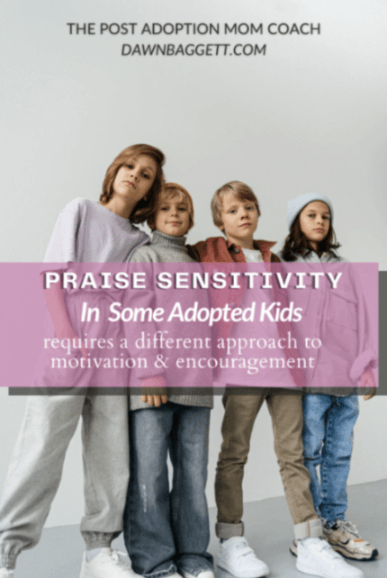
Step #3: Make a Starter Plan & Get Going
It wasn’t long before I noticed the difference. I knew what hadn’t worked. Now I was discovering what did! I came up with a better way to use the opportunities I’m provided with to encourage my children without inadvertently discouraging or de-motivating them, and without setting off self-sabotage, blow ups, or shutting me out…at least not because of something I could easily adjust like over-praising. Three intentional habits I implemented are:
- A habit of stating the obvious without indicating approval or disapproval. This is important to keep from triggering a negative reaction toward any perceived judgement when your child/teen is super-sensitive to feeling judged.
- A habit of indirect statements to invite participation. This can make way for them to make a decision to participate without feeling pressured to respond to a direct invitation.
- A habit of emotional detachment at a level that helps either or both of us to keep from reacting to the other in an overly emotional way that would cause more of a problem.
Next Steps
There is a place for direct praise but due to the suspicious lens that your parent praise may be viewed through, it needs to be carefully and skillfully tailored. As trust grows, praise may be more readily accepted without as much suspicion over time. However, we want our praise to mean something -- something positive -- to our children. It may be that less is more with your child, so that when you do offer praise it will mean a lot more because they'll have learned that you don't pass it out willy nilly or unless you truly mean it.
From Reset to Restored Trust
Once you've had a reset period focused on observing and limiting reactivity, you'll be able to sprinkle in the right kind of praise with less pushback. More strategic praise in smaller doses can help build up their ability to trust you and your praise.
If this has been helpful you may like to check out the 2nd Moms Circle podcast as well as other posts on the blog such as these:
- Minimizing Misperceptions & Misunderstandings in Adoptive Families
- Natural Drive for Autonomy in Overdrive
- Secret Risks for Second Moms: Burnout, Compassion Fatigue or Secondary Trauma
Current wisdom can be little more than fads that don’t stand the test of time. Many won’t even get you where you want to go.
The good news is, you can absolutely learn to encourage your child in ways they're more receptive to. that also feels authentic to you. You just need the right roadmap - and a little independent thinking.
If this has been helpful, you might like to join our Circle of Second Moms.
Click the red button to learn more see how you can get in for free today!
______________________________________________________

Post Adoption (Mom) Coach
“STANDING IN THE GAP FOR 2ND MOMS”
Dawn Baggett is a podcaster and thought leader in Christian post adoption. As a Certified LifeMapping(R) Coach, Dawn helps Christian adoptive moms navigate the challenges of their non-traditional families with their own brand of success!
DISCLAIMER: I’m a coach, not a doctor nor a therapist. As a coach I do not offer mental or medical health diagnosis, treatment or cures. Furthermore, I am no longer a practicing attorney and do not offer individual legal advice. For individual advice related to your own personal situation I recommend you seek out an appropriate professional. Coaching may fill a spot in your overall support network.
—
Copyright © 2024 Dawn T. Baggett, JD & Legacy Living, LLC - All rights reserved
—



